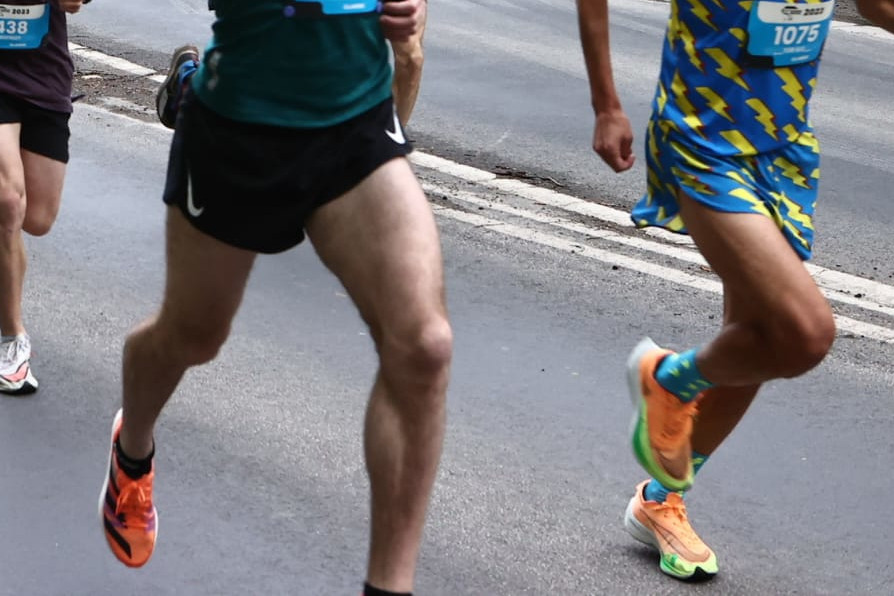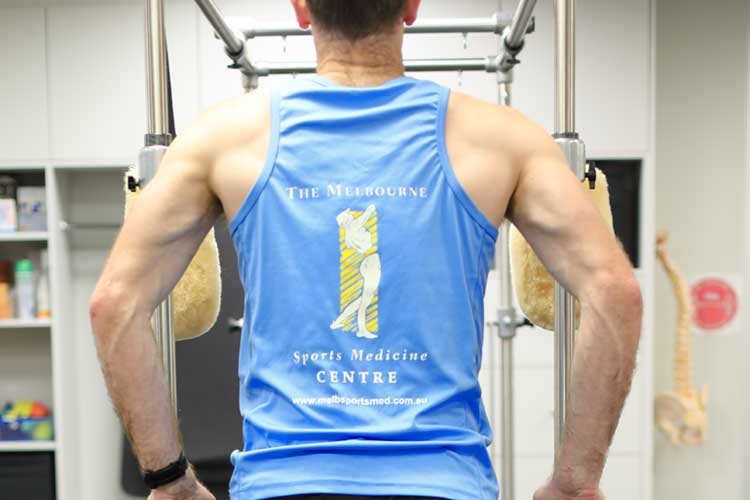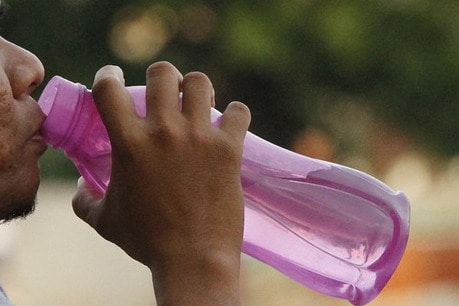Sports Dietetics
Dietetic Services for Athletes
Healthcare on Collins proudly offers sports Dietitian services to the Melbourne community.
The service involves guiding athletes in optimising their nutrition for training sessions and race days, including adequate fueling and hydration strategies. Additionally, insights into effective recovery methods are utilised to support optimal performance.
Consultations take place at Healthcare on Collin’s Melbourne clinic or via Telehealth.

What to Expect When Consulting a Sports Dietician
The first appointment is 60 minutes in duration which allows the clinician to ascertain a detailed history of the patient, the appointment includes:
Assessment topics:
- Medical history,
- Background in past training endeavours, including nutrition strategies that have worked/ not worked,
- Sporting performance and nutrition related goals,
- Detailed review of the weekly training plan,
- Detailed review of daily eating behaviours, both day-to-day and during longer sessions,
- Race day nutrition & hydration strategies.
Optional inclusions:
- Customised meal plan tailored to training sessions.
- Flexible meal options to suit preferences.
Addressing additional concerns:
- Weight management goals.
- Gut symptoms during sports.
- Optimisation of energy levels.


Patient Profiles
- ✔Enhance recovery
- ✔Minimise injury and illness risks
- ✔Optimise performance through nutrition
- ✔Learn proper fueling strategies for their sport, train the gut to tolerate carbohydrates before and during events, and
- ✔Manage gut symptoms effectively

How Does Diet Affect Athletic Performance?




University Qualified, Sports Specialist Dieticians
- ✔University degree in Dietetics
- ✔Accredited sports dietitian through postgraduate qualifications from the Australian Institute of Sport (AIS)
- ✔Membership with Sports Dietitians Australia
- ✔Certified Level 1 ISAK anthropometrist, skilled in measuring body composition using skinfold callipers
Call Us
(03) 9650 4284

